T4K3.news
Russia tightens internet controls
New regulations make accessing information and online communication more challenging.
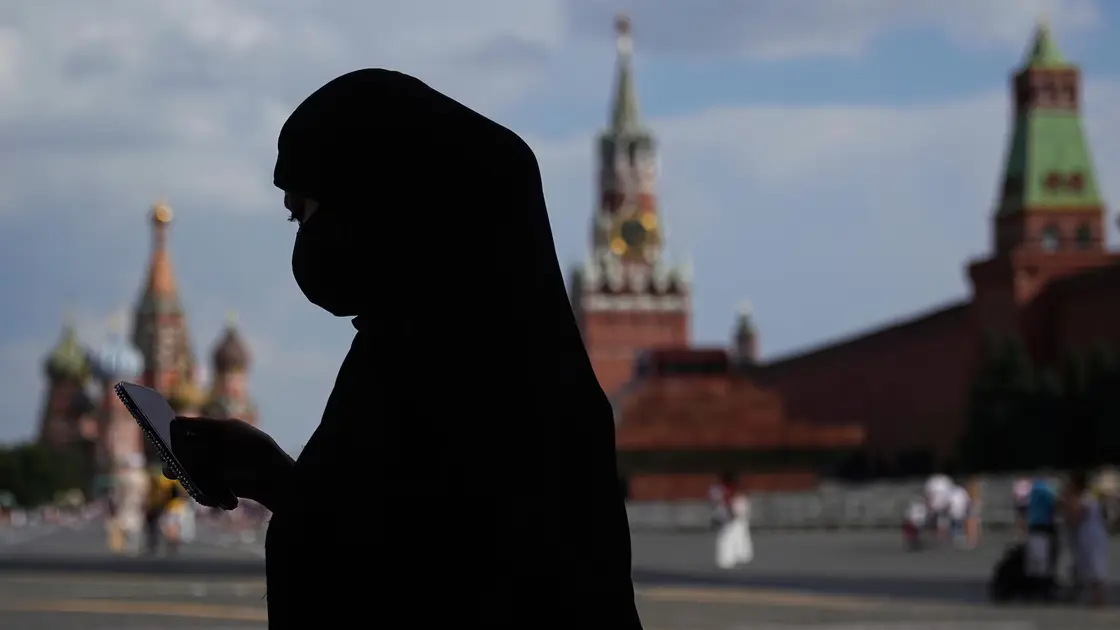
New restrictions on internet access in Russia reflect a strong government effort to control online activities.
Russia tightens internet controls amid growing isolation
In recent months, Russia has intensified its efforts to control internet access and monitor online activities. Users find popular websites often disrupted, including video platforms and independent media. These actions stem from laws designed to restrict content deemed "unfriendly" by the Kremlin. With fines for seeking prohibited material and the introduction of a state-sponsored messaging app, the situation signals a shift towards greater digital isolation. The government continues to block VPN services, making it increasingly difficult for citizens to access uncensored information.
Key Takeaways
"Bit by bit, you’re trying to come to a point where everything is controlled."
Anastasiia Kruope critiques the gradual tightening of internet controls in Russia.
"The Kremlin is striving to control the internet space in Russia."
Human Rights Watch highlights the government's intentions to manipulate online traffic.
The current adjustments to internet policies in Russia reveal a calculated move by the government to enhance its grip on information flow. Experts worry that these measures are not only about stifling dissent but also about fostering a more controlled digital environment. While some observers believed prior attempts at censorship were ineffective, the new phase post-Ukraine invasion suggests a more systematic strategy, as evidenced by the roll-out of MAX, the state-endorsed app. Such initiatives illustrate the Kremlin's long-term vision to insulate Russia from external influences.
Highlights
- These measures are not just about censoring dissent.
- Cutting off access means restricting voices of opposition.
- The Kremlin aims to control what Russians see online.
- MAX represents a troubling shift towards state surveillance.
Heightened risk of internet censorship in Russia
Government measures to limit access to information raise significant concerns about freedom of expression. The risk of harsher penalties for online content poses threats to users engaging with independent media.
Future developments may shape how Russians interact online.
Enjoyed this? Let your friends know!
Related News
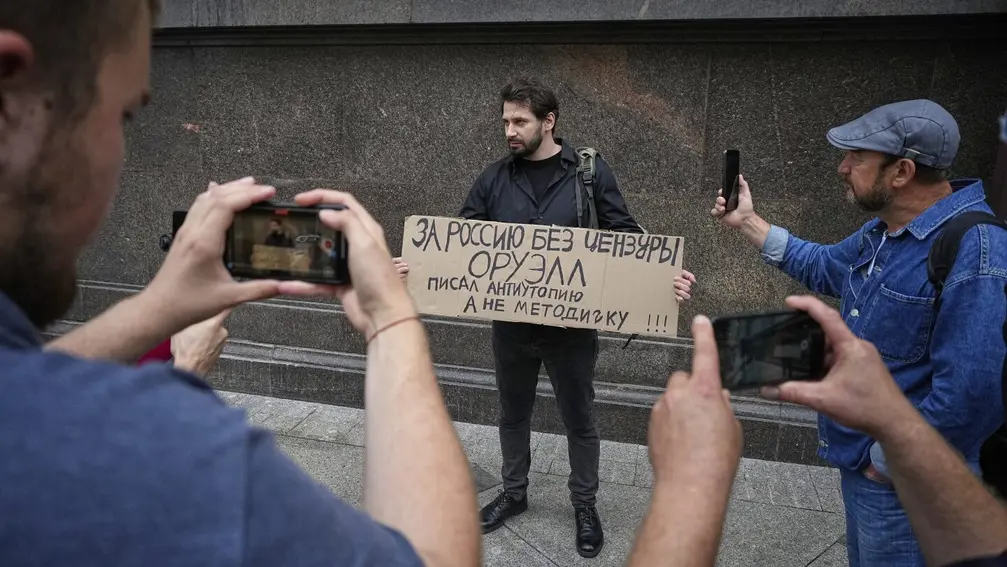
Russia tightens internet censorship measures
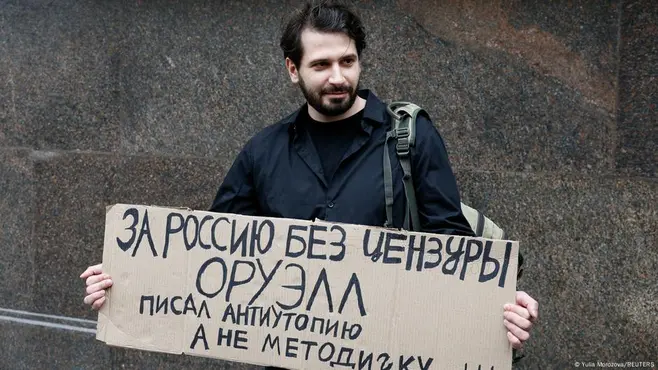
Russia fines users for searching extremist content
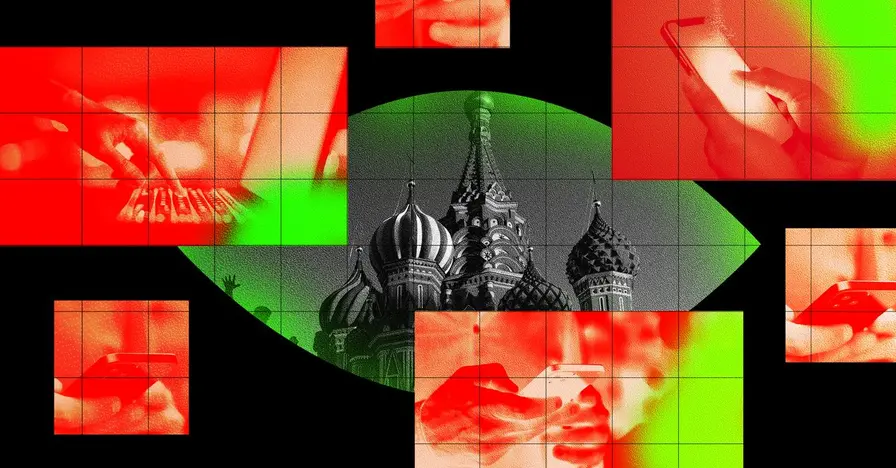
Kremlin Hacking Group Targets Diplomats
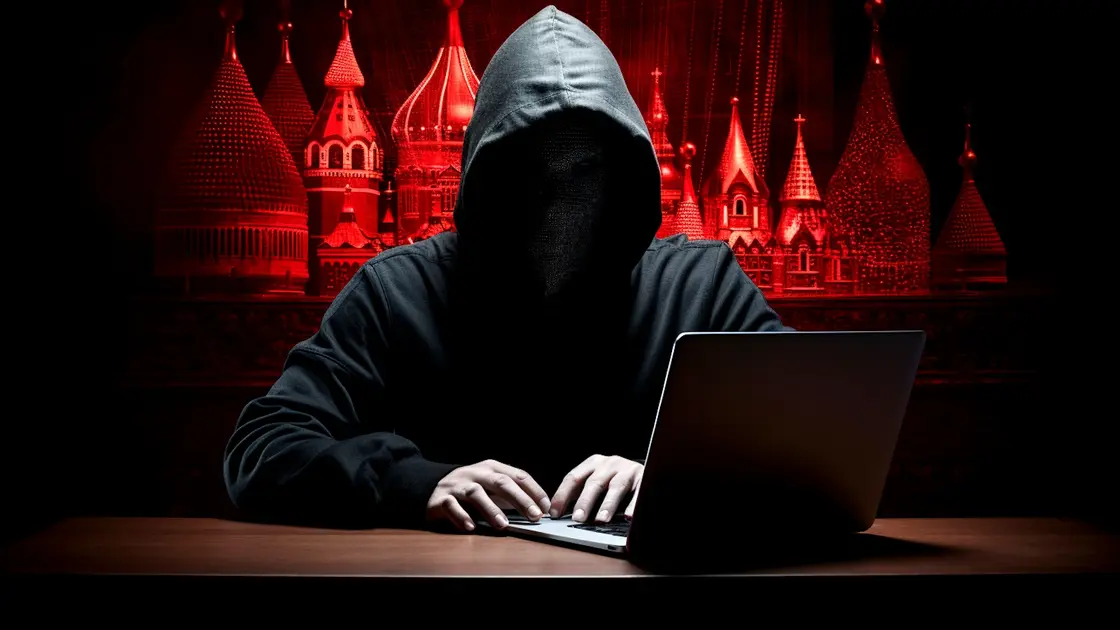
Russian hackers use ISPs to infiltrate embassies
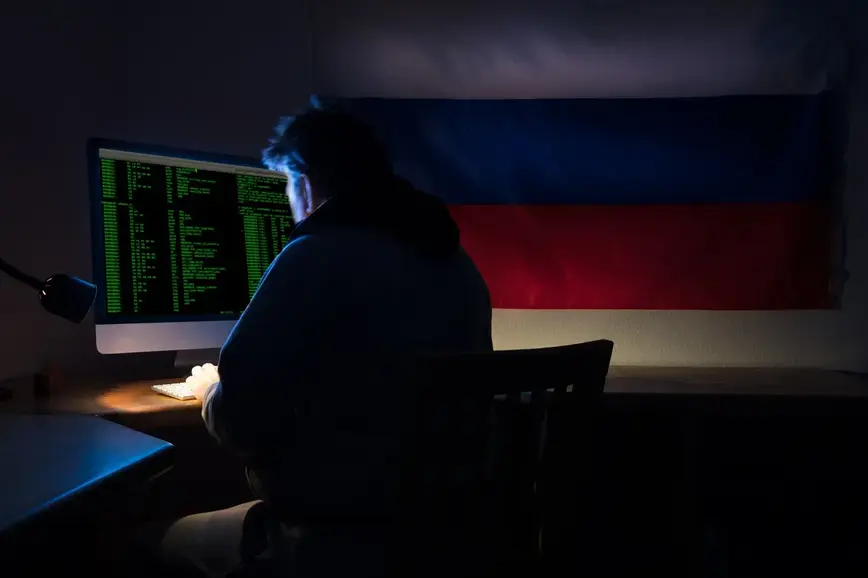
Russian cyber group targets embassies in Moscow
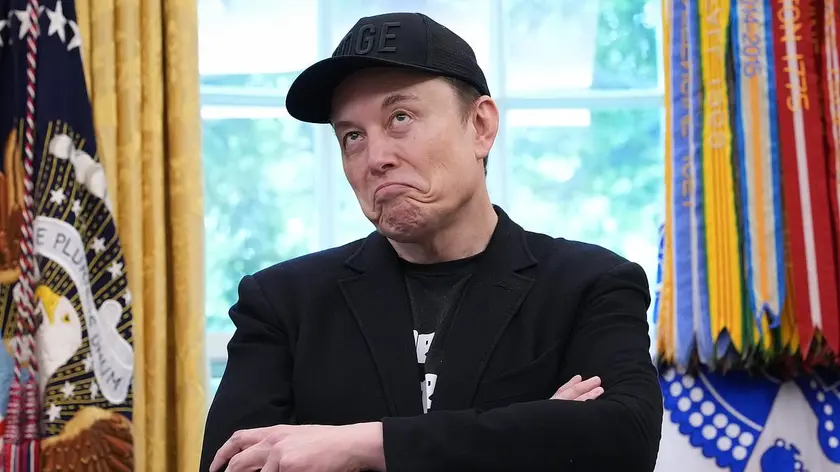
Musk ordered Starlink shutdown in Ukraine during key military operation
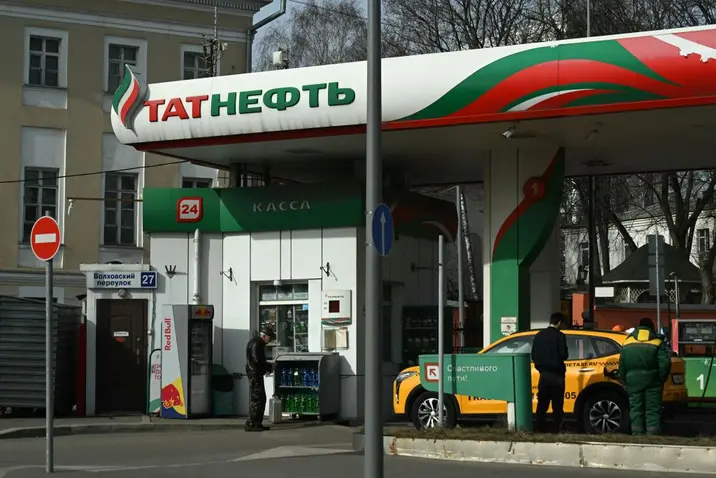
Russia prepares for stricter gasoline export ban

Ukrainian drone strikes oil depot in Russia
